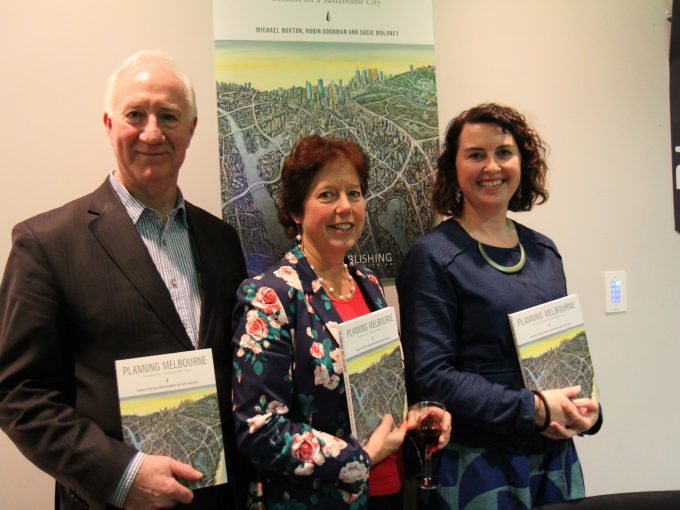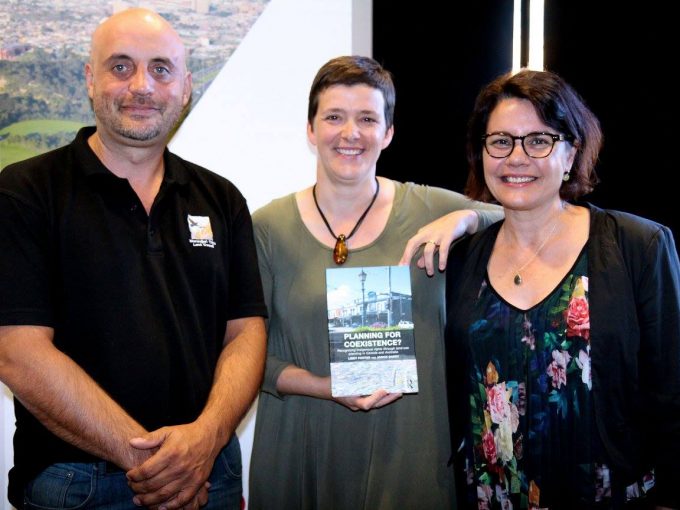A new book edited and authored by RMIT urban experts examines the rise of the “sustainability citizens” movement and how it’s inspiring a new perception of citizenship for the better.
Over the last few decades, concerned communities have begun to co-create novel ways to respond to critical environmental, social and economic challenges.
Sustainability Citizenship in Cities draws upon the expertise of urban scholars from RMIT, Swinburne, Deakin, and international experts to explain this movement and how it’s manifesting in urban environments as both responsibilities and rights.
According to the book’s lead editor Deputy Pro Vice-Chancellor, Research and Innovation for the College of Design and Social Context Professor Ralph Horne, the term sustainability citizenship is distinctly different to other forms of citizenship as it is a response to emerging set of ethics appropriate to the times.
“It situates citizens as social change agents with an ethical and self-interested stake in living sustainably with the rest of Earth who recognise the importance of awareness raising, discussion and debates on sustainability policies,” he said.
“For instance, global climate change is the result of specific kinds of activities by particular people and industries, which impacts everyone depending on where they live and work.
“As global citizens, we are developing ethical values that take account of everyone’s right to basic living standards, including fresh air, clean soils and potable water for drinking.
“This change in the concept of citizenship extends across time with the idea of the right of future citizens to a natural environment with a similar potential to our own.”
Co-editor and author Associate Professor Anitra Nelson from the RMIT Centre for Urban Research says the book was written with the intention of developing principles and guidelines for operationalising “sustainability citizenship.”
“In this collection of essays, policy makers, planners and community development workers will find cases and discussion applicable to challenges in their field, from assisting residents in energy and water efficiency, to encouraging alternative food production and exchange,” she said.
“We hope that the questions raised and examples provided in Sustainability Citizenship in Cities will inspire greater action towards more sustainable lifestyles and livelihoods from all levels of governance, to industry and in people’s neighbourhoods and homes.”
The book is edited by Professor Ralph Horne together with Anitra Nelson, John Fein from Swinburne University and Beau B. Beza from Deakin University.
Sustainability Citizenship in Cities is available for purchase via Readings bookshop.
Story: Chanel Bearder





